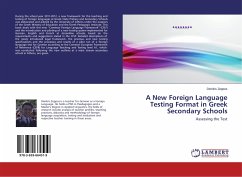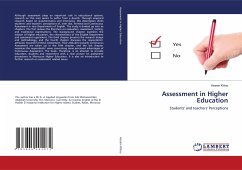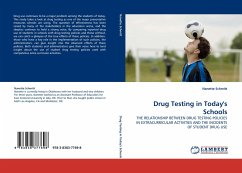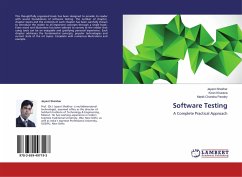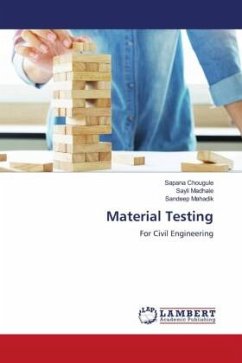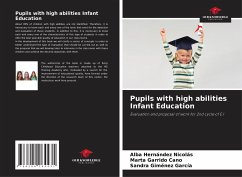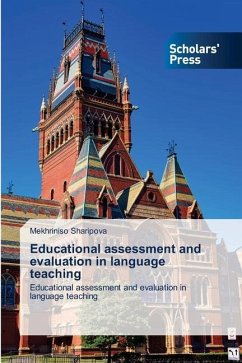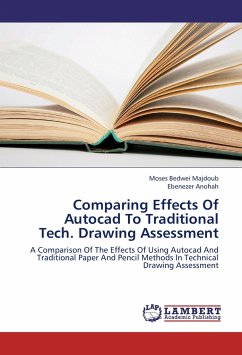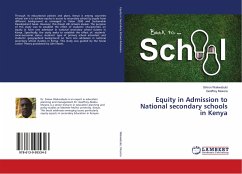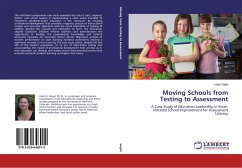
Moving Schools from Testing to Assessment
A Case Study of Education Leadership in State-initiated School:Improvement for Assessment Literacy
Versandkostenfrei!
Versandfertig in 6-10 Tagen
34,99 €
inkl. MwSt.

PAYBACK Punkte
17 °P sammeln!
This multi-level comparative case study examined the role of state, regional, district, and school leaders in implementing a state policy intended to implement standards-based education in the classroom. By merging professional development that provided a rigorous process of instructional analysis and curricular alignment with the moral imperative of helping all children develop the capacity and motivation to learn, the Standards-aligned Classroom initiative offered teachers and administrators the opportunity to develop the propositional knowledge and cultural structures necessary for successf...
This multi-level comparative case study examined the role of state, regional, district, and school leaders in implementing a state policy intended to implement standards-based education in the classroom. By merging professional development that provided a rigorous process of instructional analysis and curricular alignment with the moral imperative of helping all children develop the capacity and motivation to learn, the Standards-aligned Classroom initiative offered teachers and administrators the opportunity to develop the propositional knowledge and cultural structures necessary for successful school reform. Regression analysis of student performance on state learning standard assessments showed a significant increase in test scores by the case study school, despite the low SES of the student population. In an era of high-stakes testing and accountability, this model of professional development hold promise as to how educators can develop and sustain sound instructional processes that promote authentic student learning and higher test scores.



